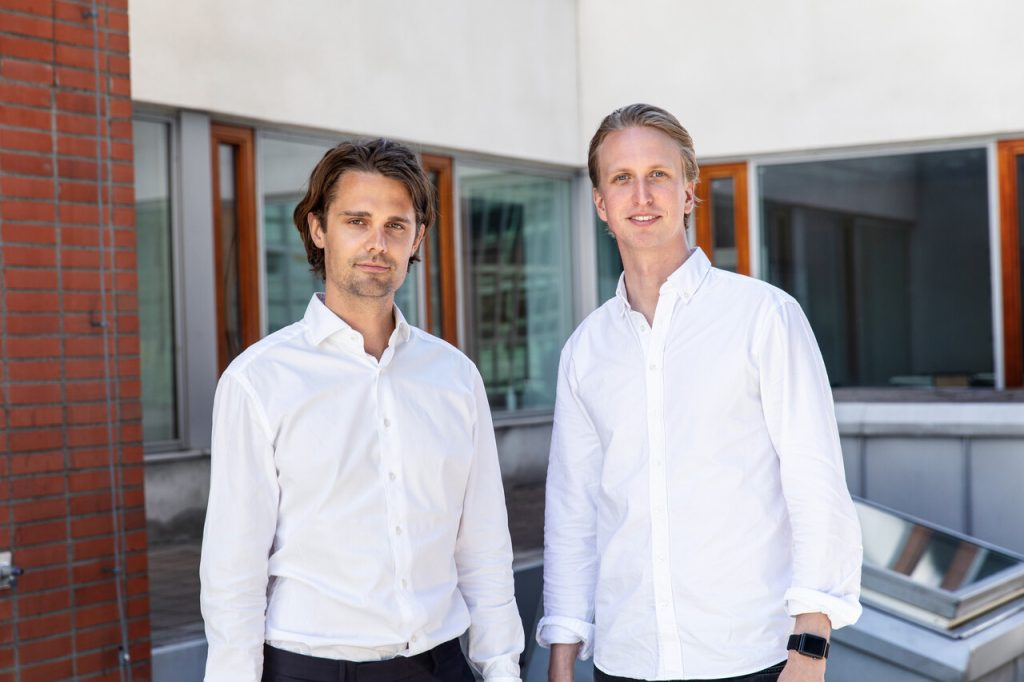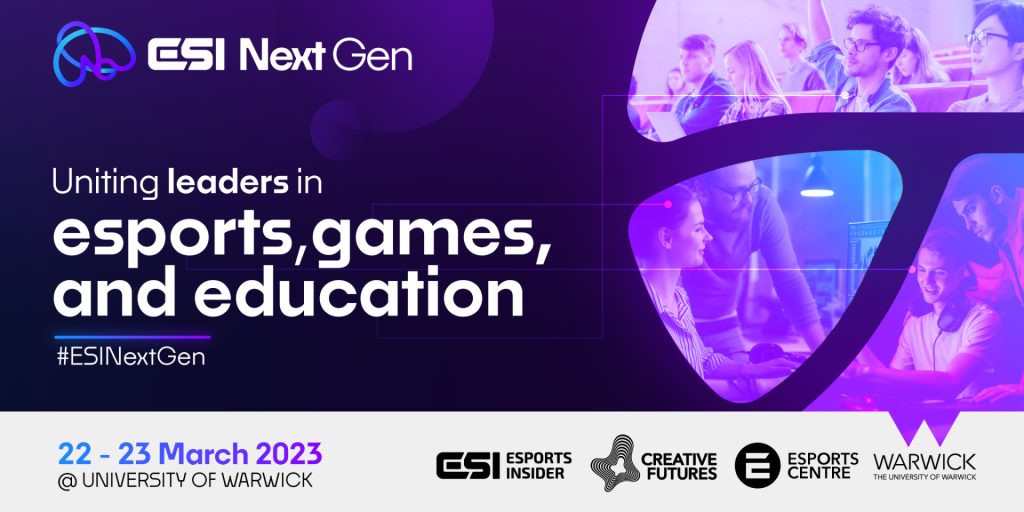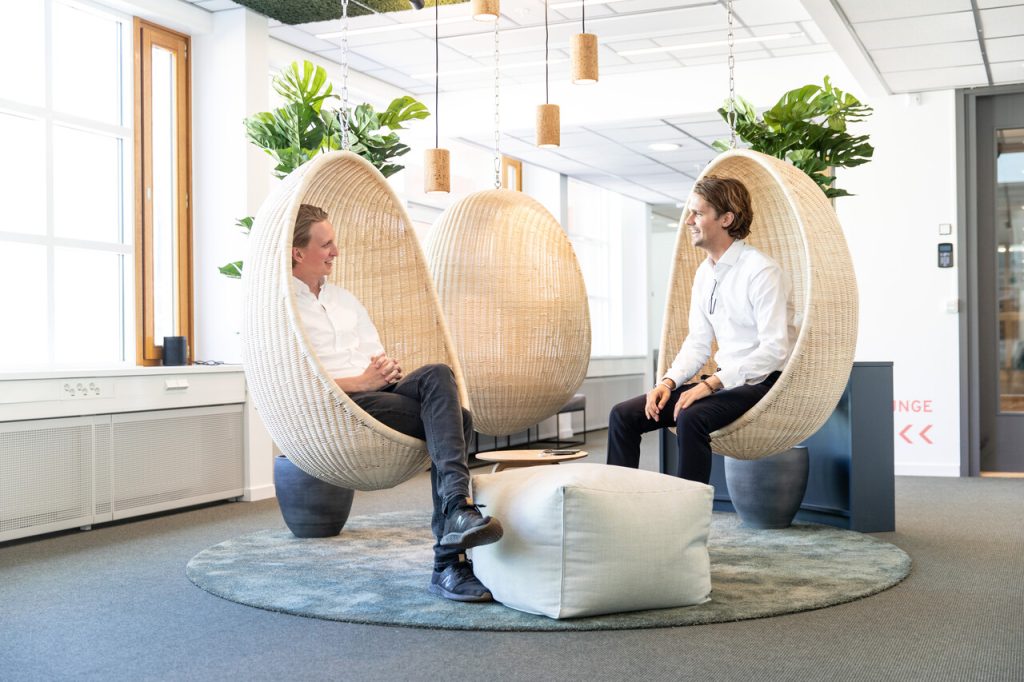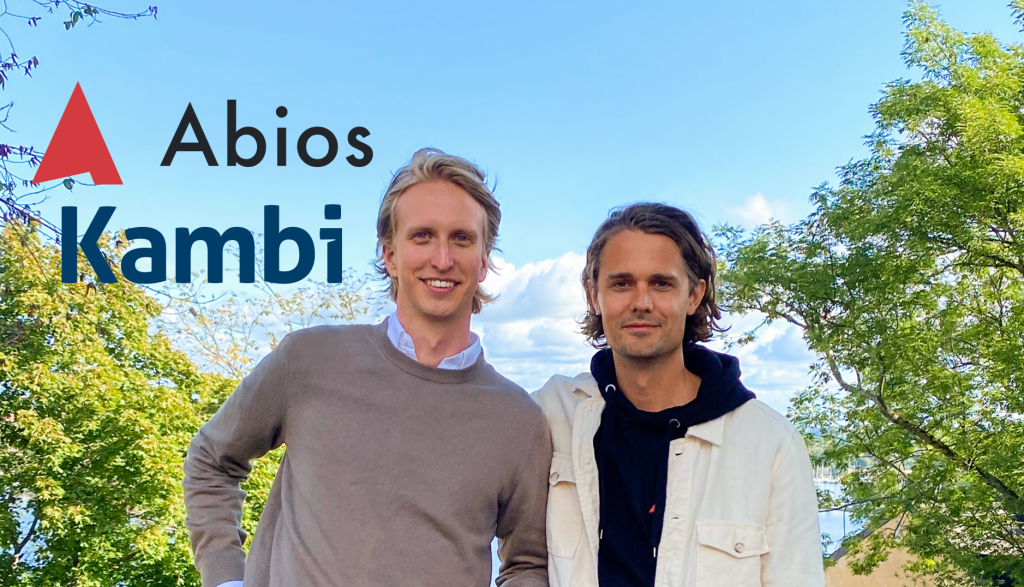Abios’ Marketing Manager, Kristina Skogvard, writes for Esports Insider to showcase the esports data platform’s ten-year anniversary — from its origins to the present day.

In recent years, companies ranging from luxury brands to vehicle manufacturers have identified the esports industry as the place to reach the elusive Gen Z.
And why wouldn’t it be? A single match in CS:GO can, at points, reach millions of viewers worldwide, all passionate to see if their team can take home the victory.
The industry truly exploded during the pandemic, when people looked for alternative means of entertainment. However, the building blocks for the industry were laid long before.
In October 2010, The Social Network with Jesse Eisenberg hit the movies. It was at the peak of Facebook’s dominance and made every ambitious millennial swoon over a career in tech.
Simultaneously, Instagram was released to iOS, with the application spreading like wildfire, spawning millions of user-generated pictures. Pictures, which also caught Mark Zuckerberg’s eye. Facebook bought Instagram only two years later for a staggering $ 1bn.
With high valuations and higher ambitions, the sale created a gold rush for social media platforms in every field. A hole that JustinTV, later rebranded to Twitch, filled for gaming.
At the time, Oskar Fröberg was 21 years old and studying at the Stockholm School of Economics. In his free time, he enjoyed video games and watching competitive esports games on Twitch, however, Fröberg wanted to do more. A sentiment shared by 22-year-old Anton Janér, his high-school friend who studied to become an engineer at the Royal Institute of Technology.
One night, when Fröberg, Janér and Birger Myrberg, Abios’ third founder who left the company in 2015, discussed the possibility of entrepreneurship. They all agreed that it was the more motivating, and ambitious, option than taking up part-time jobs on the side of their educations.

As such, the founders started dabbling in different ideas for a business model. As a product of its time, they gravitated toward the idea of a social platform. With Oskar’s keen interest in gaming, the founders set their eyes on esports. Abios 1.0 was born.
Initially, the platform provided esports fans from all around the world with schedules and results for esports matches, as well as links to where to watch them. Abios’ most popular and well-known product at the time was its Chrome Extension. It was widely used by esports fans and listed live and upcoming matches while sending notifications with stream links when matches went live.
With the platform gaining momentum, Abios finished its seed round in 2015 with capital from Bonnier Growth Media. This gave the company the capital to hire its first paid employees, whilst also building on its chrome extension as well as a mobile application.
The pivot into a B2B data provider
Despite its success in attracting visitors, monetising the esports platform was an arduous task. At the time, advertising networks weren’t sophisticated enough to profitably monetise visitors from diverse geographical areas.
Simultaneously, Abios had received various inquiries from companies looking to buy its esports data, but the format was different than an online match calendar. As such, Fröberg and Janér decided to pivot into a B2B model in February 2016.
“While our esports calendar started as a direct-to-consumer product, we always saw selling data to other companies as a future possibility, commented Fröberg. “At the time, it didn’t feel as appealing as a consumer-facing product, but we quickly found that the business model made a lot of sense. It was more profitable to act as an infrastructure provider for the esports industry and grow with our customers, rather than providing the data to esports fans directly.”

Janér added: “And at the end of the day, we often work very close to our customers shaping those next-generation consumer products. So it’s still part of our work.”
The pivot proved to be a success. Drawing inspiration from successful data-driven products in the sports ecosystem. Abios started building new products atop its data. Besides Abios’ data APIs, its first product was a data visualisation widget piloted by Unibet.
Spending high or growing slow
A heavy inflection point occurred in the pandemic, where esports saw a surge in popularity brought on by the sports and entertainment industry’s hunt for alternative entertainment.
In a time when esports endeavours were still largely bootstrapped or funded by external investment, the pandemic-infused customer growth propelled Abios into profitability.
Janér commented: “Generally, the pre-pandemic times during which we grew Abios were characterised by growth at all costs to achieve market share rather than profitability. Thus, many companies raised funds and grew too quickly, resulting in an unsustainably high burn rate. I believe one of our keys to success has been to expand our team and product portfolio organically, at the pace we saw the industry grow.”
Fröberg continued: “At Abios, we were among the first entrants to the esports market. While we believed it would become large one day, we recognised early that it would take time to become a multi-billion-dollar industry. As such, we went against general industry trends and opted for a frugal spending pattern and a long runway, as opposed to raising excessive capital and growing fast. Looking back 5-10 years later, few companies that were around back then are still here today. Regardless of the amounts of capital they raised.”
Abios becomes part of Kambi

Abios’ income statement — indicating significant growth paired with black numbers — didn’t go unnoticed by investors. When Janér and Fröberg were looking for another round of investment to expand Abios’ operations further in 2021. As such the founders found themselves in talks with Kambi. After extensive discussions and business rationales, Abios was acquired by the company in August 2021.
As a part of Kambi, Abios has expanded its product suite to esports odds. While its first mission is to provide Kambi partners and external tier-one operators with top-class esports predictions, Fröberg described its plans for the future “our first ambition is to get our new prediction products to the market that we believe to be on par or better than the leading products on the market we see right now.
“After that, we’ll do what we’ve always done, we will innovate and create even better odds-products based on our domain expertise in esports”
Anton Janér continues: “Throughout it all, our goal has always been to facilitate the growth of the industry we’ve grown up with and love. We have made great strides towards this and are very proud of all our colleagues and customers who keep innovating. I’m certain the next chapter for Abios will be just as exciting.”
Written in collaboration with Abios.

